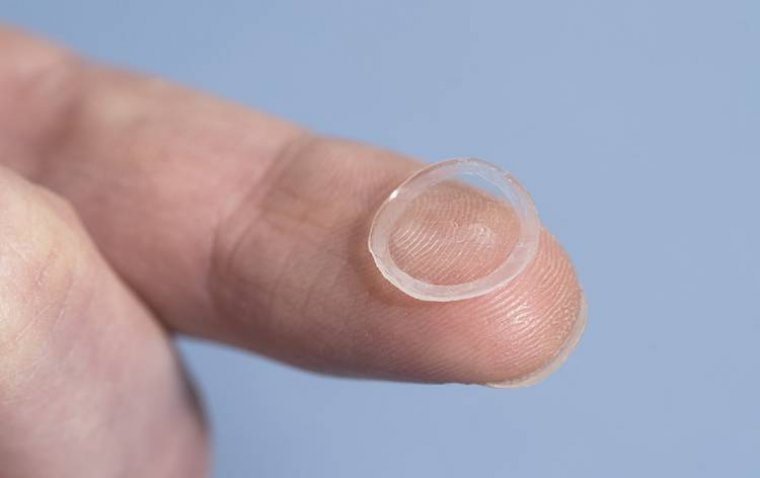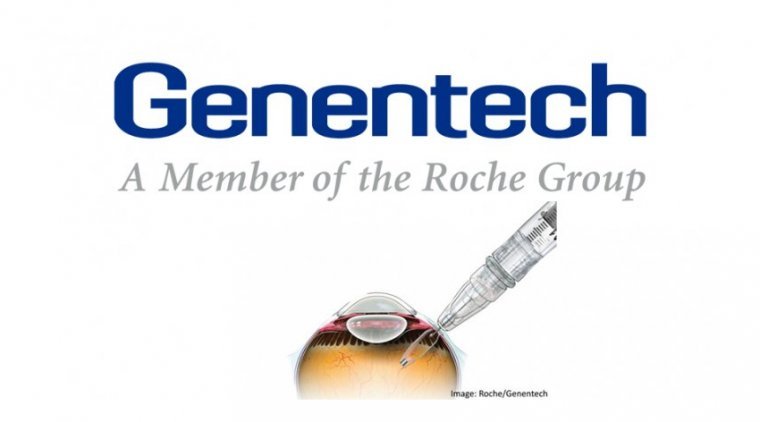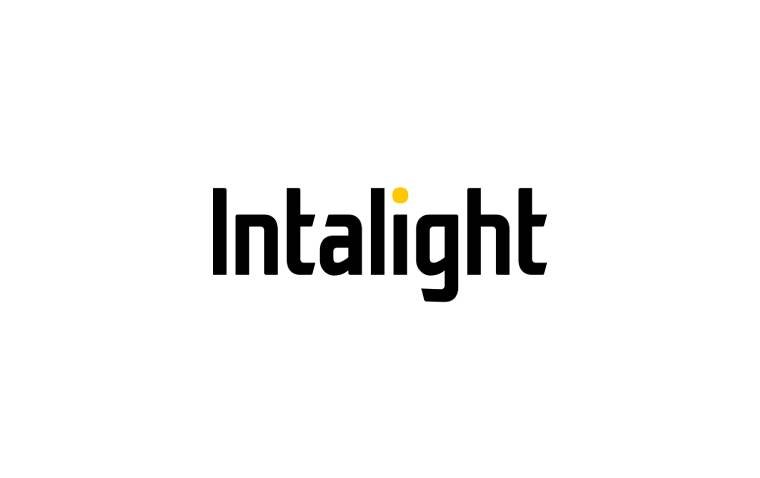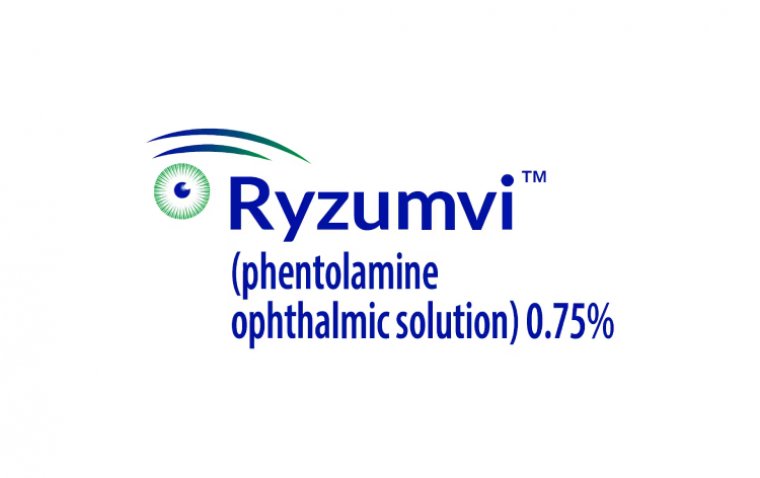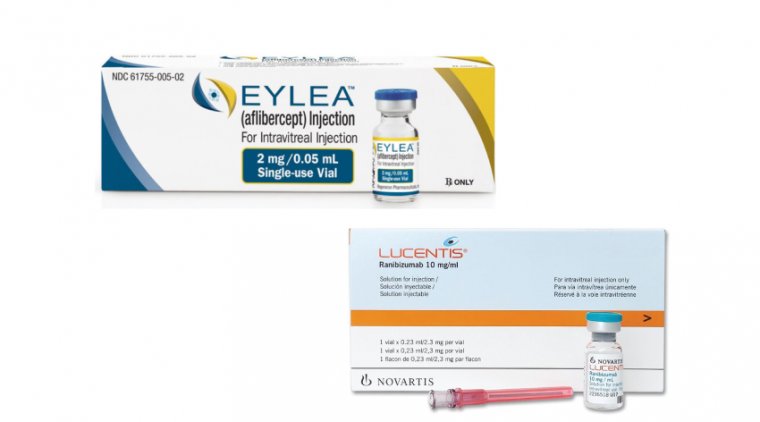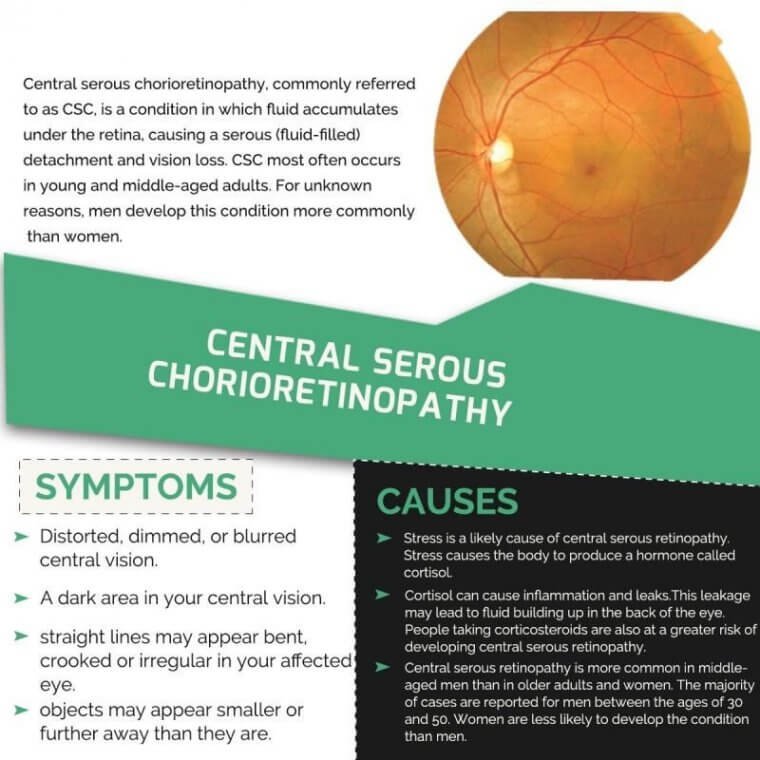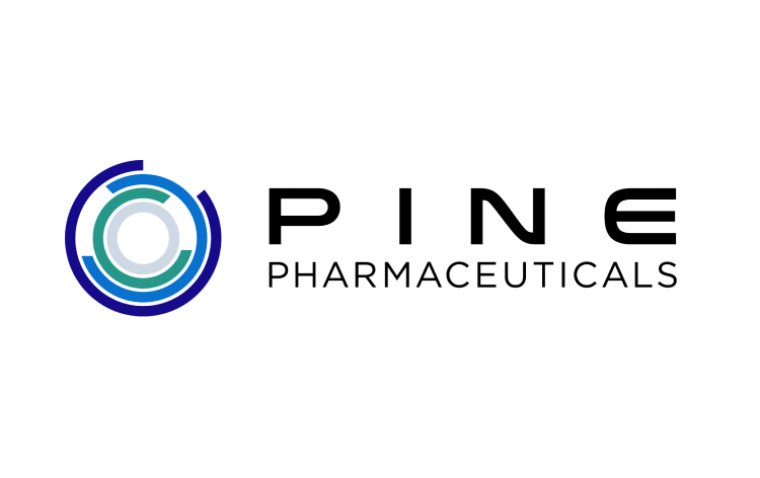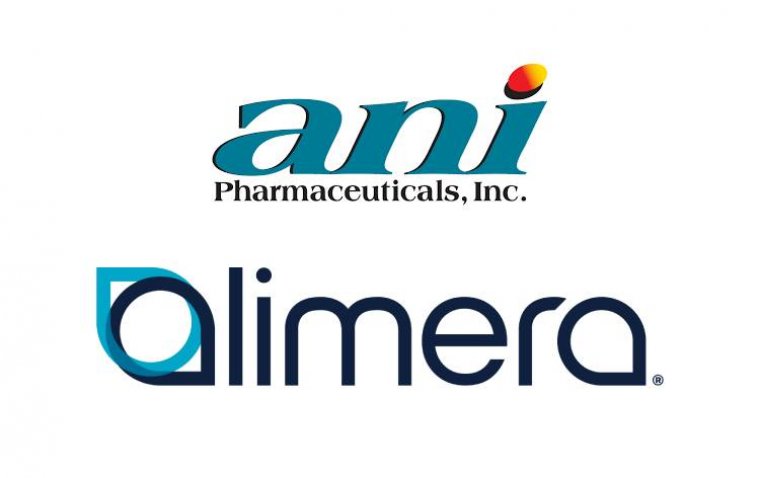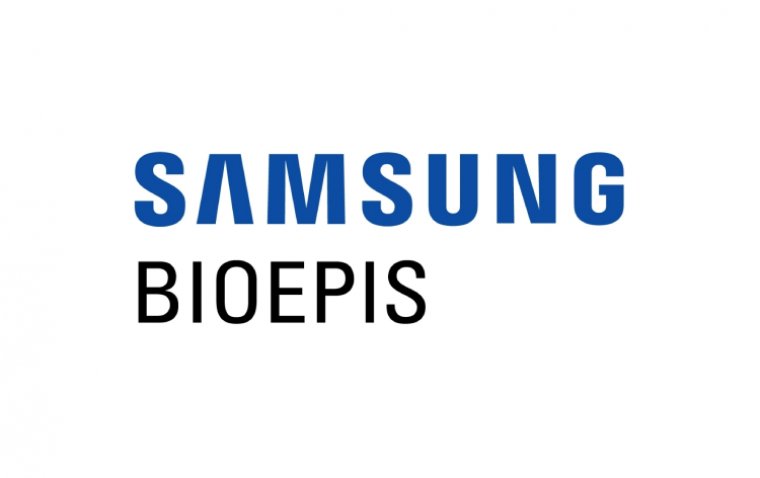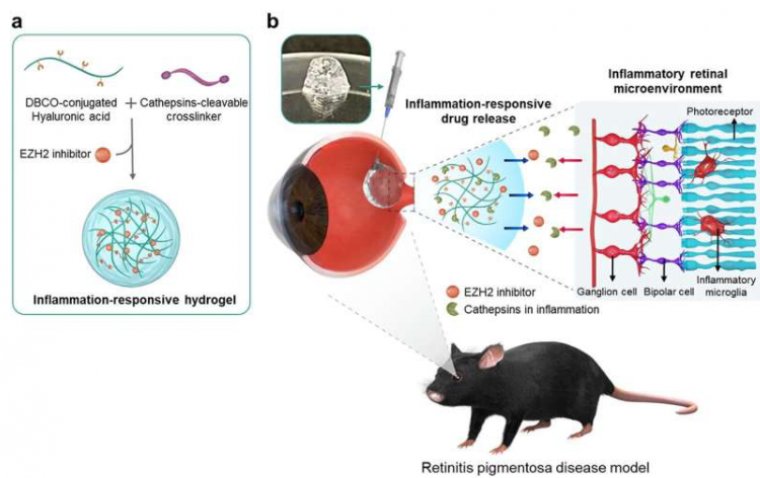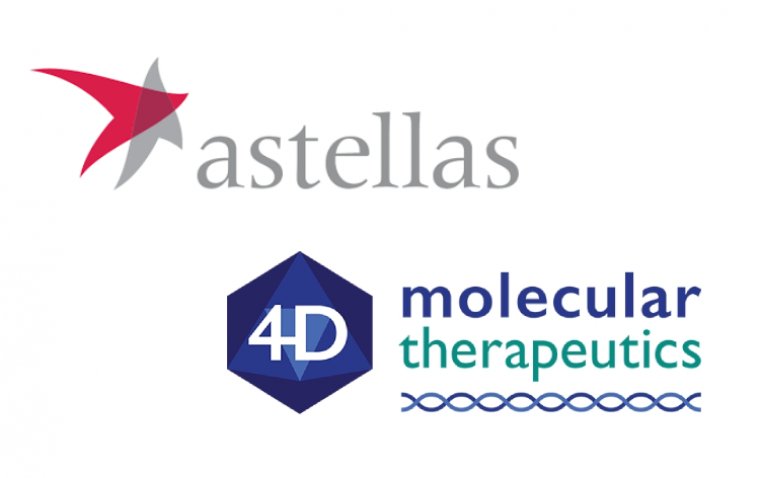
Astellas Inks $942M Ophthalmic Gene Therapy Deal with 4D Molecular
Astellas Pharma has signed a license agreement that grants them the rights to utilize the intravitreal retinotropic R100* vector, developed by 4D Molecular Therapeutics (4DMT).
This agreement enables Astellas to target one specific genetic target associated with rare monogenic ophthalmic disease(s). Additionally, Astellas has the option to include up to two more targets related to rare monogenic ophthalmic diseases, upon payment of additional option exercise fees.
R100 is an adeno-associated virus (AAV) vector developed by 4DMT specifically for intravitreal administration. It possesses the unique capability to cross the internal limiting membrane barrier effectively, allowing for efficient transduction of the entire retina and resulting in strong expression of transgenes within retinal cells. All three ophthalmic product candidates in 4DMT's clinical-stage, namely 4D-150 for wet age-related macular degeneration and diabetic macular edema, utilize the R100 vector.
As per the agreement, 4DMT will grant Astellas access to its proprietary R100 vector technology for delivering Astellas' distinct genetic payloads to address rare monogenic diseases. Astellas will be responsible for all subsequent activities, including research, development, manufacturing, and commercialization.
In return, 4DMT will receive an upfront payment of US$20 million, along with potential option fees and milestones that could reach up to US$942.5 million. This includes near-term development milestones of US$15 million for the initial target. Additionally, 4DMT will be entitled to receive mid-single digit to double-digit, sub-teen royalties based on the net sales of all licensed products.
"This collaboration with Astellas, a leader in AAV gene therapy, continues to validate R100 for routine intravitreal low dose delivery of genetic payloads for the treatment of retinal diseases," said David Kirn, M.D., Co-Founder and Chief Executive Officer of 4DMT. "With over 70 patients dosed to-date with R100-based product candidates in wet age-related macular degeneration and rare ophthalmic diseases, this collaboration also demonstrates the modularity of the Therapeutic Vector Evolution platform resulting in efficient design and development of new intravitreal products. 4DMT retains rights to large market non-hereditary ophthalmic diseases."
Adam Pearson, Chief Strategy Officer (CStO) at Astellas said, "At Astellas, we have a strong commitment to developing novel treatments for ophthalmic diseases, and have positioned Blindness & Regeneration as one of the Primary Focuses of our R&D strategy. Staying at the forefront of gene therapy technology is a key part of our strategy. We believe that this collaboration will bring synergies between the two companies' cutting-edge research, and will ultimately lead to the development of new therapeutics for patients with ophthalmic diseases at high risk of blindness."
*Stay in the loop and make sure not to miss real-time breaking news about ophthalmology. Join our community by subscribing to OBN newsletter now.
(1).jpg)
